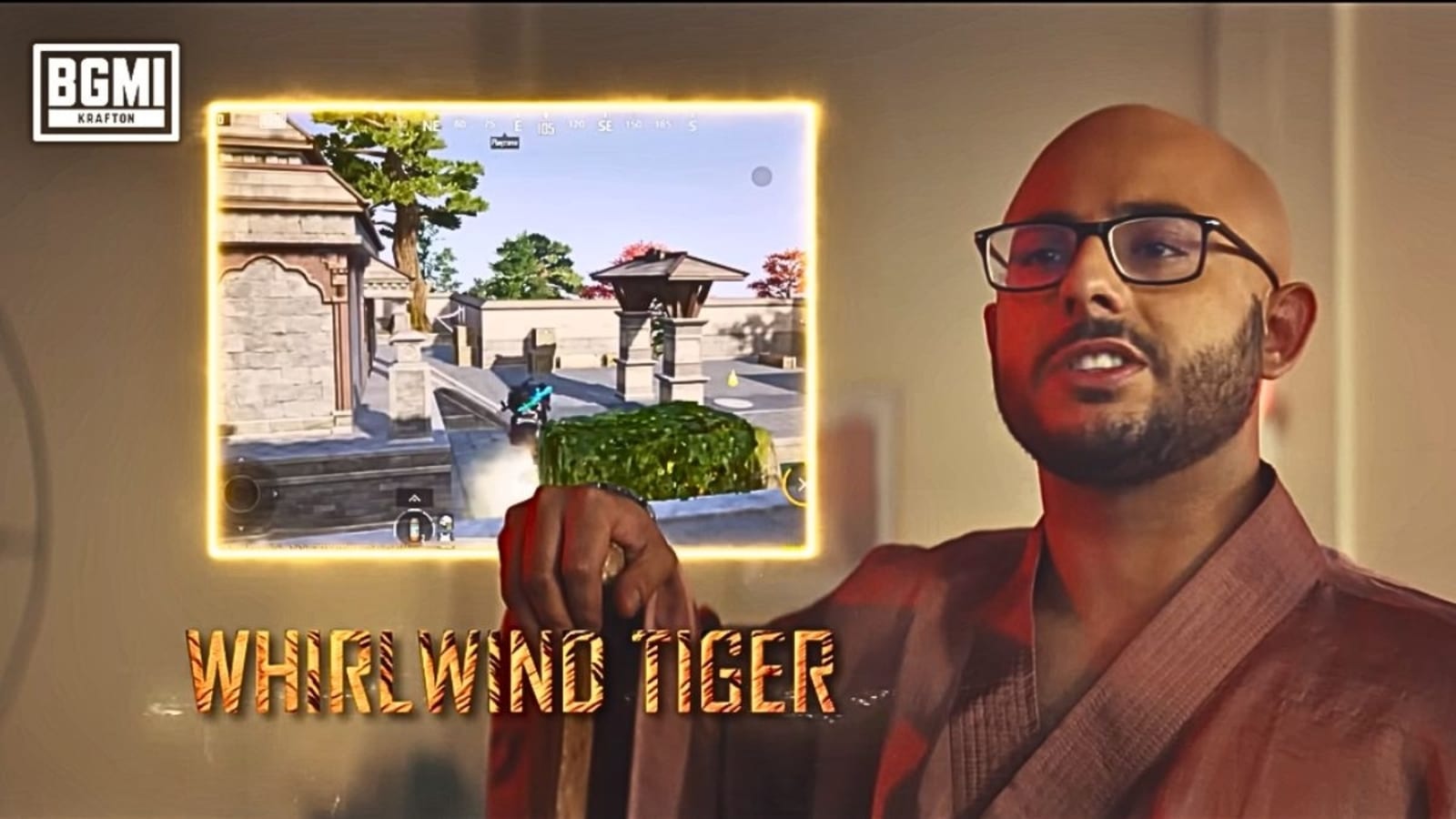Season 5, Episode 3: ‘The Paradox of Intermediate Transactions’
The Coen brothers filmography is speckled with a specific type of abstract character, a dark and indomitable force of nature who isn’t quite human and operates on a code that is known only to him. Think Leonard Smalls (Randall “Tex” Cobb) in “Raising Arizona,” a mercenary biker who seems manifested from a nightmare, or Charlie Meadows (John Goodman) in “Barton Fink,” a gregarious insurance man who presents himself as “the common man” but reveals a second identity that is exceptionally uncommon. Then there’s the gun-for-hire Anton Chigurh (Javier Bardem) in “No Country for Old Men,” who asks his victims to “flip a coin,” but always seems in control of their fate regardless. He may represent Death itself, but his agenda has an odd rigor and consistency to it.
We have seen these types in Noah Hawley’s TV “Fargo,” too, like David Thewlis as a mirthless, ruthless British business V.M. Varga in the third season or Billy Bob Thornton as the hit man Lorne Malvo in the first season, a satanic figure who believes people are primal beasts and acts accordingly. And now for this new season, Hawley has offered Sam Spruell as Ole Munch, who seemed at first like a highly seasoned contract killer — nothing like the rank amateurs played by Steve Buscemi and Peter Stormare in the movie — but who takes a leap to the mythic in the third episode. His clients are now his targets and it is safe to say they don’t know much about him.
Neither do we, frankly, even after the episode makes an unexpected leap to early 16th-century Wales, when Munch or a Munch-like ancestor takes part in a sin-eating ritual. He’s asked, “In forgiveness of your debts to man, will you consume his lordship’s sins to god?” And so he does, a poor man collecting coins for absorbing a rich man’s wrongdoings so he can ascend to heaven.
That is the spiritual burden his earthly humility has forced him to take on, perhaps. In 2019 Munch has accepted coins to do a dirty job for Roy Tillman, who was neither clear about the difficulties of the work nor honorable about paying the money he owed. That has turned Munch into a 21st-century debt collector, owed much more than money.
Though Hawley owes the Coens a debt of his own for his open-ended lease on their audacity, he keeps moving the season forward with a confidence that often tilts into swagger. When Munch lays in bed listening to a police radio, the show samples a music cue from “The Shining,” if to suggest that he is an eternal presence like Jack Torrance at the Overlook Hotel, where Jack was told he had “always been the caretaker.” That’s terrible news for Munch’s mother, who looks uncomfortable with the prospect of her creepy son occupying the rocking chair upstairs indefinitely. And it is even worse news for Roy and his half-wit son, Gator, who underpaid, undermined and underestimated Munch and now have to anticipate his revenge.
But first, Gator has to prove to his father that he is not a loser, which isn’t easy for a kid with a Confederate flag posted over his bed. All this business with Dot comes as the Hillmans appear to stocking munitions for an insurrection-to-be-detailed-later, but Dot has prepared herself for a second abduction attempt.
Last week she enlisted Scotty’s help to improvise a security system like Macaulay Culkin in “Home Alone.” This week she switches up the street signs to confuse the Hillmans and brings her husband on a trip to Gun World, where she racks up $5,000 worth of weapons before learning about a federally mandated waiting period. Her cheerful Midwestern pivot to the clerk (“Let’s take a look at that pepper spray then”) echoes the opening scene of the movie, when Buscemi gets impatient with Jerry and asks to “take a look at that Cierra” he stole off the lot.
Dot’s insistence on digging into this domestic life that she has built with Wayne and Scotty puts her in a fascinating spot, because those are the only two people who accept her absurd denials. She has been unmasked as a fraud to the police and to her mother-in-law, and she has the Hillmans and various contract goons who are not only after her, but know exactly where she lives. We do not know what her former life was like as “Nadine,” Roy Tillman’s wife, but their relationship now feels a lot like Uma Thurman and David Carradine’s in the “Kill Bill” movies, in that epic revenge is all that stands between the heroine and the peaceful, normal life she thinks she deserves.
Getting there will be a blood bath, it would appear. The episode ends on the sort of cliffhanger that leaves you wishing for back-to-back hours like the premiere. Gator and his crack team of masked yahoos have found Dot, despite their confusion over the mixed-up street signs, and Munch has reverted to a scary, primal state to stalk his prey. One sequence seems set up for folly, the other for a disturbing spasm of violence. That’s a balanced “Fargo” diet.























